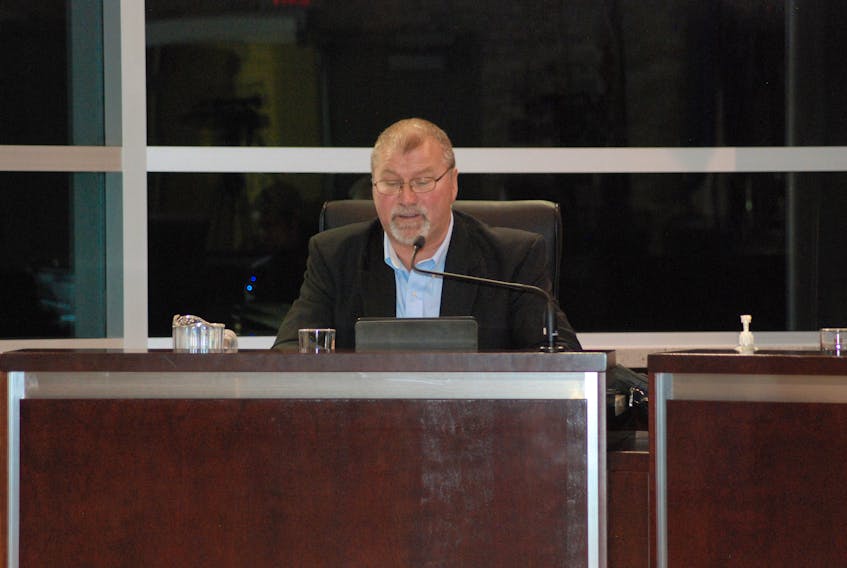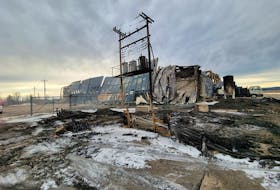Citing the cost to maintain it and its overall redundancy, Corner Brook City Council voted Monday night to decommission the former Curling water supply, effective immediately.
Though no longer operational because of the recent addition of the water treatment plant and upgrades to the city’s water distribution system, daily maintenance has continued on the Curling system, at a cost of approximately $90,000 per year, because it was not formally decommissioned.
“The cost to maintain it will increase with time and become more problematic as time passes,” said Coun. Tony Buckle, who brought forth the proposed motion, which was carried unanimously at the regular public meeting of council at City Hall.
The city already has a backup system at Trout Pond — the old chlorinator — that can be quickly brought online if there was a problem with the water treatment plant.
“So the Curling water supply system is essentially a backup to the backup,” Buckle said.
The time it would take to activate the Curling water supply system is approximately four to six hours, and it can’t provide water to the east side, Elizabeth Street, or upper Townsite from Humber Park upwards. The only areas it can service are upper Country Road, the Curling area, Mount Moriah, and lower Townsite.
“I found it interesting that it really wasn’t going to give us what we thought it was,” said Deputy Mayor Bill Griffin. “I thought it was a backup for the city as a whole, but it’s not. It’s not what we think it is anyway.”
Different levels of decommissioning would be considered, Buckle said, but the chlorination systems at Third Pond and Second Pond would be removed. The ability to open the valve, if required, to feed water into the Curling area would still exist. That would be unchlorinated water and require a boil order, but that would have been required in any case if the system were started up.
Based on the information gathered, city staff determined the probability of a situation occurring that would require re-activating the Curling water supply was low.
Coun. Vaughn Granter said, looking at other municipalities throughout the province, very few of them have backup water systems and even fewer have “backup, backup” water systems to their main system. He also brought up the $90,000 a year to maintain the system — which he said would be at least $360,000 under the current council’s four-year term.
“With the budget process we’re going through right now, $360,000 is a chunk of change,” he said. “So it’s a very important decision.”
In somewhat related news, council also voted to pay an approximate amount of $60,000 for four Chemineer mixers to serve as on-site spares and emergency backups for the water treatment plant. The four mixers in operation at the plant, which are critical to the treatment process, currently have no backups and a replacement would require a delivery time of four to six weeks.
The supplying of the mixers was awarded to Pumps Plus, the closest Chemineer mixer distributor.
Coun. Josh Carey said an added bonus to this purchase is that the amount of time it would take to replace one of the mixers with one of these backups is roughly the same amount of time required to activate the backup water system, with less disruption of service.
Wrapping up the discussion, Mayor Jim Parsons noted the intention was always to eventually decommission the former Curling water supply ever since the new water treatment plant was built. It was just a matter of city staff going over scenarios and putting together estimates to determine whether there were any reasons why it shouldn’t be done right now.
“This wasn’t something we just dreamed up to save some dollars,” he said. “This was the plan all along.”









